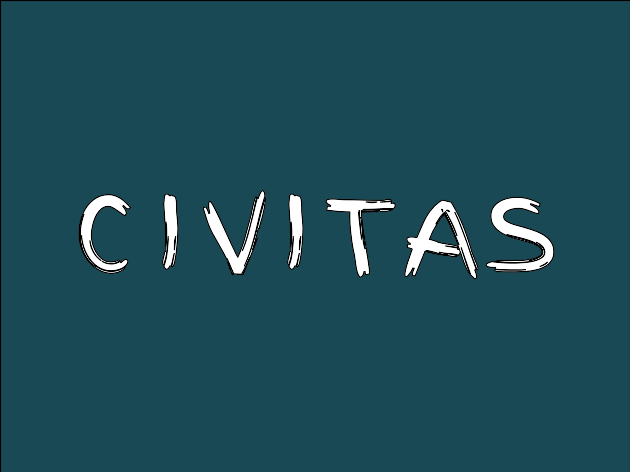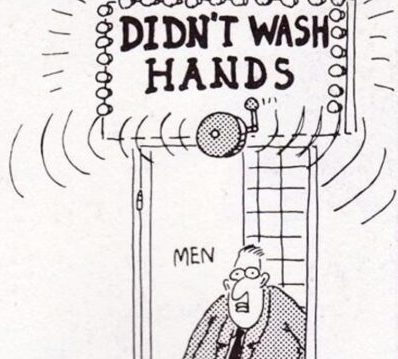The proper role of shame
Evan Hamilton wrote on LinkedIn:
Nichol Goldstein blew my mind today with this moderation tip: give people a shame badge if they break the rules multiple times. Nobody wants to wear that badge!
Obviously wouldn't work in every community, but I think it's a clever solve.
Now Evan walked the post back and Nicol explained:
To be clear it's a "no-no" badge I tease them with and we all have a good laugh. It's different than outright shaming them~
In other words, it's like threatening my kids with sending them to the salt mines. It would be horrible if anyone took the threat as anything other than a joke. So this was a game of telephone and it doesn't appear anyone has successfully used a "shame badge" after all. That's relief because if there were such a community it would be an unpleasant place.
The discussion got me to thinking about the role of shame in a community. Evan sees the problem with a "shame badge" is the "shame" part. He responded to Nicol's comment:
I did you wrong calling it the shame badge!
But the way the joke is described, it kinda does seem like at least the start of shaming people. It's a joke, so people can laugh it off. It's also a joke with an edge to it.
My problem is that a shame badge turns teasing into institutional shaming. Shame is a natural defense against people attempting to subvert the purpose of the community. It draws a line between people who are part of the community and those who are not. It's an ancient, perhaps the most ancient, method of community building. Shame is still incredibly effective, and potentially quite dangerous, since it works by dividing people into part of the group and excluded from the group.
If shaming someone for not washing their hands takes the form of a giant flashing sign, you best be sure you don't have any false positives. I wouldn't trust any automated system. Even a very simple system like suspended X times can fail. For instance, a malicious moderator (these are rare, but not extinct) might give a user X suspensions in succession to give out the badge of shame, thus violating the spirit of the thing.
Or maybe someone gets suspended a few times early on, matures into a respected member of the community and asks for their account to be suspended during finals week so they won't be tempted to log in while they should be studying. Should that user get a badge of shame? Eventually someone will find the edge cases in the system and get unfairly auto-shamed. Why risk causing lasting damage of shaming someone who didn't deserve it?
What about a manual shame badge? I'd answer that question with a question: What does a badge accomplish that that suspension does not? Suspending usually comes with some indication that the user did something wrong while simultaneously removing the user from the drama. If the user doesn't change their ways when they come back from the suspension, suspend again. Ideally increase the length of the suspension. No need for a separate shame badge.
In my estimation, a tiny percentage of people cause the majority of community strife. Rooting out those people (what I call finding the Jack) solves so many problems that there's not much need for a gimmick like a shame badge.
Shame works in social situations because it's really a feedback loop. Maybe a personal example would help. Back in 2011, I was active on a new site: Biblical Hermeneutics—Stack Exchange. I visited a related site, Christianity—Stack Exchange, and mentioned in comments that people might get better answers on Biblical Hermeneutics. Someone called me out on that and I felt properly shamed. We had a back-and-forth and I changed my behavior. Eventually I became a respected member of both communities.
What I was doing didn't break any rules, so the natural instinct is to create a new rule. Calling me out worked better though because we were able to talk about the underlying problems. It didn't have to go that way, of course. I might have simply left in shame or defiantly increased my efforts. The trouble with making rules is that they funnel people into behavior that might not actually be best for the group. Shame can be more flexible.
Of course, shame can go too far too quickly. Inevitable that happens because people skip the parts of the process that would allow mutual understanding. In the rush to show their alliance, people forget their enemies are human too.
For what it's worth, Evan Hamilton handled the situation really well. A lot of people, including me, pushed back on his initial statement. Instead of withdrawing, he took the time to listen and moderate his views. Then he posted his more nuanced and considered opinion. A win all the way around.
 If you want to talk with me about community
management schedule
a meeting!
If you want to talk with me about community
management schedule
a meeting!
 Jon Quixote
Jon Quixote
